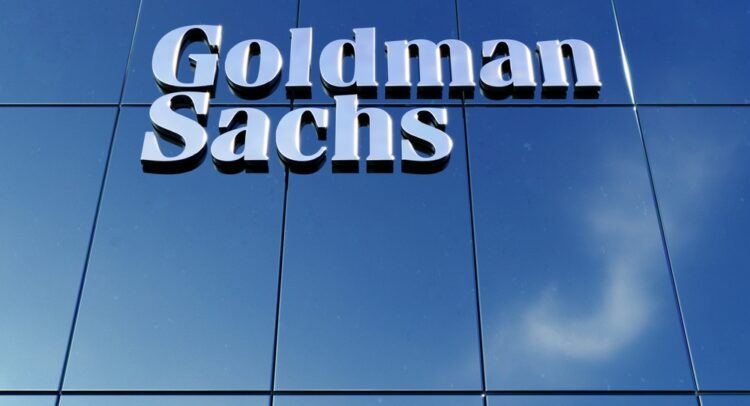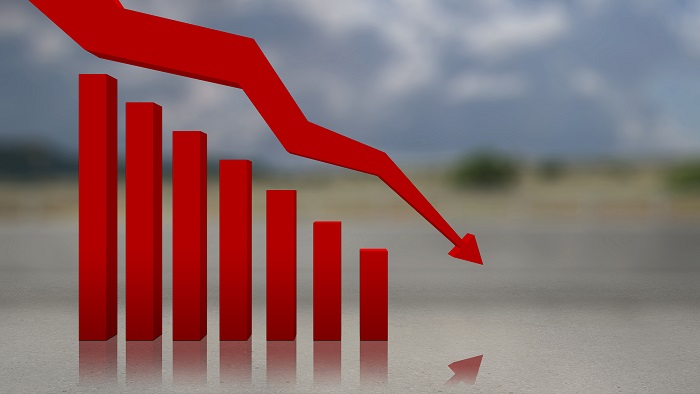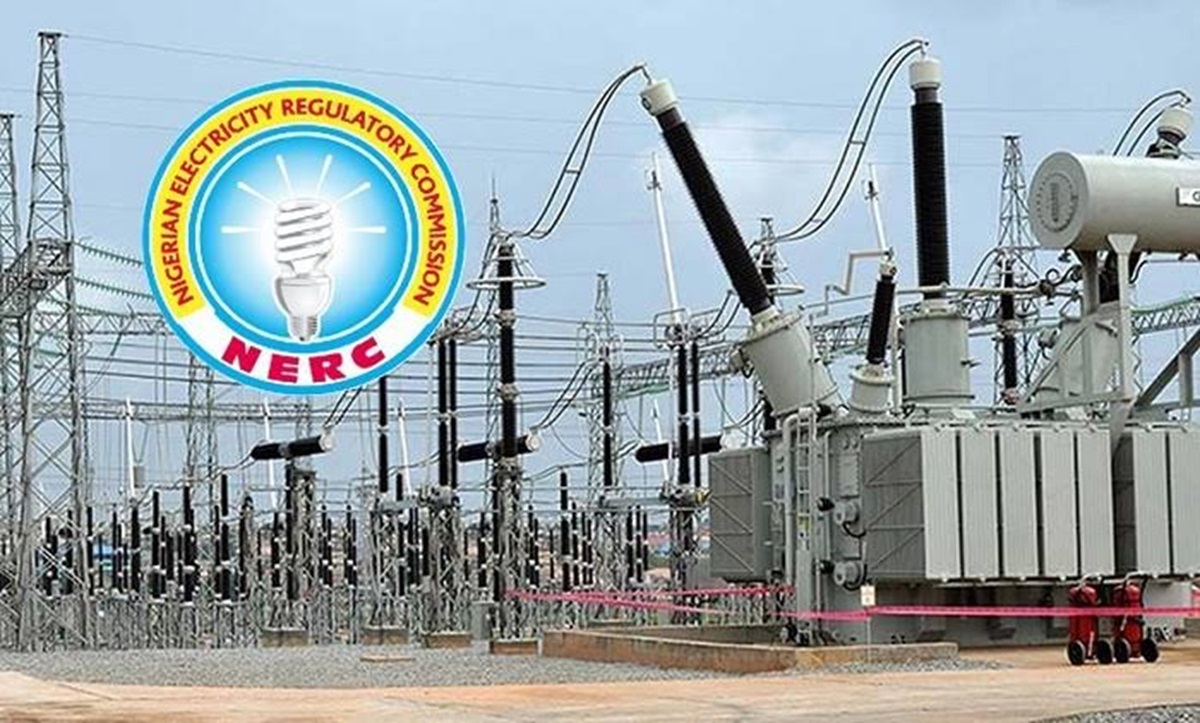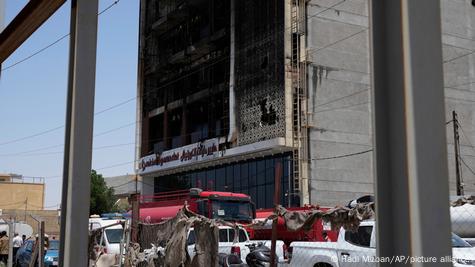By Ayomide Otitoju
Nigeria’s headline inflation rate eased to 22.22 per cent in June 2025, down from 22.97 per cent recorded in May, according to the latest Consumer Price Index (CPI) report released by the National Bureau of Statistics (NBS).
The latest figure represents a 0.75 percentage point decline year-on-year and an 11.97 percentage point drop from the 34.19 per cent recorded in June 2024, based on the newly adopted 2024 base year.
However, on a month-on-month basis, inflation rose slightly to 1.68 per cent in June, compared to 1.53 per cent in May — indicating a modest uptick in the average rate of price increases.
Food inflation stood at 21.97 per cent year-on-year in June, marking a substantial decline of 18.93 percentage points from the 40.87 per cent recorded a year earlier. Month-on-month, food inflation surged to 3.25 per cent from 2.19 per cent, driven by price increases in staple items such as dried green peas, fresh pepper, shrimps, crayfish, meat, tomatoes, and plantain flour.
Core inflation, which excludes volatile food and energy items, was 22.76 per cent year-on-year and 2.46 per cent month-on-month — a significant rise from 1.10 per cent in May. The 12-month average for core inflation reached 24.14 per cent, slightly higher than 24.01 per cent in June 2024.
Urban inflation also rose to 22.72 per cent year-on-year and 2.11 per cent month-on-month, up from 1.40 per cent in May. In contrast, rural inflation was recorded at 20.85 per cent annually, with a slower monthly increase of 0.63 per cent, down from 1.83 per cent in the previous month.
At the state level, Borno recorded the highest year-on-year inflation rate at 31.63 per cent, followed by the Federal Capital Territory (26.79%) and Benue (25.91%). The lowest rates were observed in Zamfara (9.90%), Yobe (13.51%), and Sokoto (15.78%).
For month-on-month inflation, Ekiti led with a 5.39 per cent increase, followed by Delta (5.15%) and Lagos (5.13%). Zamfara (-6.89%), Niger (-5.35%), and Plateau (-4.01%) experienced the most significant declines.
Year-on-year food inflation remained elevated in Borno (47.40%), Ebonyi (30.62%), and Bayelsa (28.64%), while Katsina (6.21%), Adamawa (10.90%), and Sokoto (15.25%) recorded the lowest rates.
On a monthly basis, food inflation spiked in Enugu (11.90%), Kwara (9.97%), and Rivers (9.88%), while Borno (-7.63%), Sokoto (-6.43%), and Bayelsa (-6.34%) saw notable decreases.
The NBS cautioned that comparisons across states should be interpreted cautiously due to differing CPI weights based on local consumption patterns, which can affect how inflation is experienced regionally.









